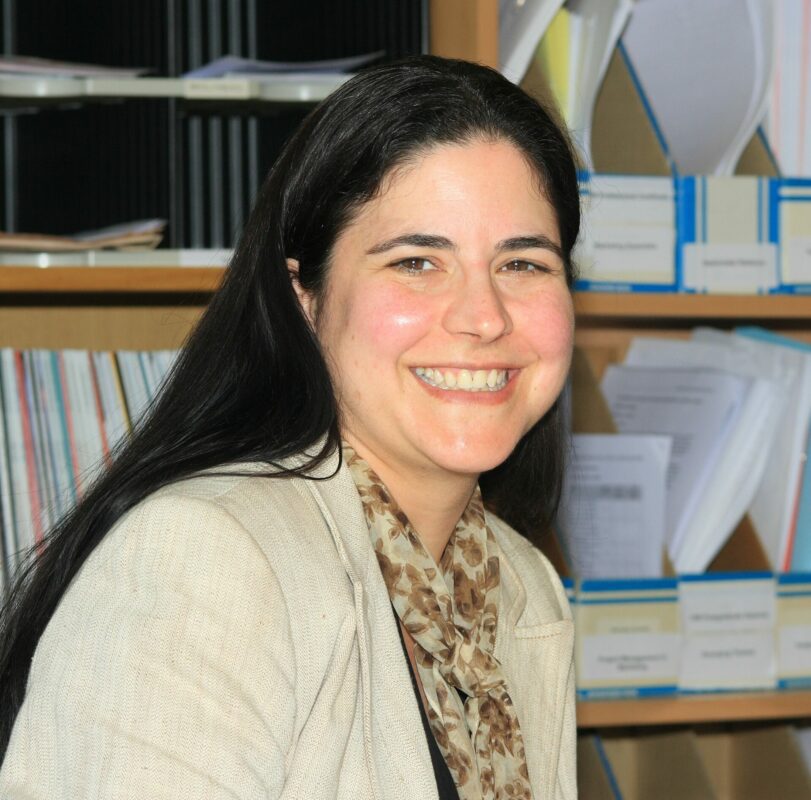Dyslexia: an asset for learners?

Rather than regarding dyslexia as a problem or condition to be treated, education establishments should see it as an asset, a gift even, argues Kiran Kapur.
Attitudes to dyslexia have undoubtedly changed., We no longer regard people – and students in particular – as ‘slow learners’ who are not suited to a ‘normal’ curriculum. Instead we may make allowances such as extra time for examinations. Other efforts tend to help dyslexics adapt to their condition, using such aids as coloured paper or special rulers to help them cope.
However, we are increasingly realising that such approaches are missing the point. They either try to level the ‘playing field’ with other learners, or try to treat, even cure, the condition, when being dyslexic should be seen as an asset, a gift even.
Evidence from brain scans show that a dyslexic brain is geared to using its right side far more than ‘typical’ people who primarily use the left. This allows much greater visualisation, problem solving and lateral thinking skills, but lessens those for reading, writing and more sequential thinking.
Julian Berridge, a dyslexic and a student until recently, made an unprompted passionate speech to me about dyslexia and how it is viewed. He wasn’t looking for a job, nor was I looking to recruit anyone, but what he said made sense, and I reflected that it would be a good thing to increase the support given to our adult dyslexic students. We recruited Julian as an intern to head up this effort.
He spent several months doing research into the difficulties faced by adult learners, and what support already exists for dyslexics. He was disappointed by the ‘official’ help available from the key organisations. Much of the help was aimed at young children, there was very little for adults, and he could find nothing on teaching adult dyslexics. There seems to be very little official information of substantial help to a desperate dyslexic on what to do, or what’s going on.
He did however find material off the beaten track, on blogs, public websites, forums and webpages made by the dyslexic community and those close to dyslexics. The less official and the more personal the sources were, the more informative they seemed to be. Julian found that he could apply what he’d learned to himself and his experiences through education He reported that he had found out more about himself than he ever thought possible.
From that input, we worked to identify the problems that dyslexics are likely to run into, and sought ways that those problems could be overcome – the result being a ‘toolkit’. This initiative is designed to provide practical support to help learners with dyslexia, as well as to their tutors and employers (in the case of marketing apprentices). The hope is that this positive approach will help to see dyslexia recognised more as a different set of skills, even an asset, rather than as a problem to be solved.
I believe that the most productive route is for students to be encouraged to find their own learning style. Tutors should also recognise this and adapt their approach and materials accordingly.
The Dyslexic Student Toolkit gives suggestions and advice for students in education and employment on overcoming the stumbling blocks that many dyslexics face, and help with understanding their gifts. Sections include: ‘Not knowing where to start’, ‘Dyslexia can be a gift’ and ‘Overcoming stumbling blocks’. It is designed as a dip-in guide, for the reader to find advice and suggestions for a problem they are facing, such as having to write a long report or essay, and feeling at a loss of what to do.
The guide recommends that dyslexics experiment to find their own ways of learning, and suggest tools such as mind maps and dictation software to harness their thoughts more effectively.
The student toolkit has been well received, and beyond the UK it has so far been adopted by a school in Lagos, Nigeria.
A draft is now underway of another toolkit for use by College Tutors. Once that is complete, a third toolkit is planned, designed employers and line managers with the aim of helping them to get the most out of their dyslexic employees.
The final word goes to Julian: “I’m doing this not because dyslexics necessarily need extra help to get by. I just hope to balance out how much of the world is designed around our weaknesses. We can finally have more time to show our gifts and strengths.”
Kiran Kapur is CEO of Cambridge Marketing College











Responses